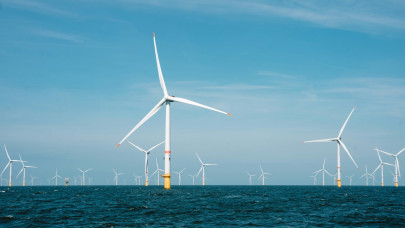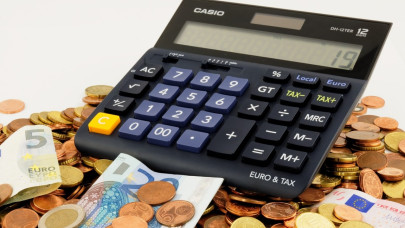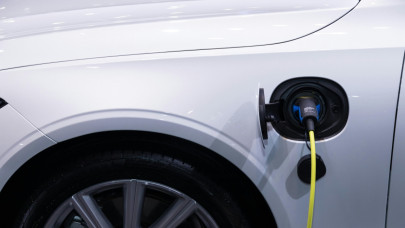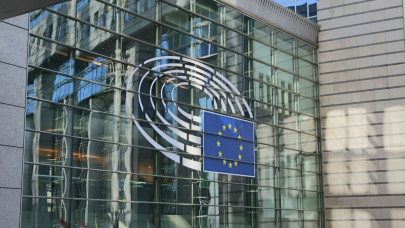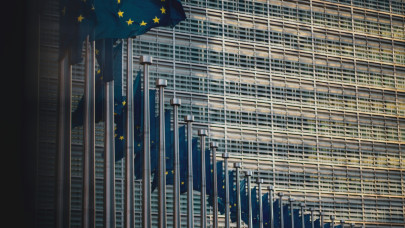For the first time, projects of different scales (large, medium, and small, alongside pilots) and with a cleantech manufacturing focus are awarded under the 2023 call for proposals. This is the largest since the start of the Innovation Fund in 2020, boosting the total amount of support to €12 billion and increasing the number of projects by 70%.
The selected projects are located in 18 countries: Belgium, Denmark, Germany, Estonia, Greece, Spain, France, Croatia, Italy, Hungary, Netherlands, Austria, Poland, Portugal, Slovakia, Finland, Sweden and Norway. They cover a wide range of sectors from the following categories: energy-intensive industries, renewable energy, energy storage, Industrial Carbon Management, net-zero mobility (including maritime and aviation), and buildings.
The selected projects are set to enter into operation before 2030 and over their first ten years of operation are expected to reduce emissions by about 476 million tonnes of CO2 equivalent. This will contribute to European decarbonization objectives, reducing emissions from those sectors that are particularly difficult to decarbonize, strengthening European industrial manufacturing capacity, and reinforcing Europe's technology leadership and supply chain resilience.
Supporting industrial innovation for key policy objectives
Today's selected projects particularly contribute to reaching the following EU policy objectives:
Cleantech manufacturing: In line with the Net-Zero Industry Act (NZIA), clean-tech projects selected will develop, build, and operate manufacturing plants for key components in the wind and solar energy and heat pumps, as well as components for electrolyzers, fuel cells, energy storage technologies, and the batteries value chain. Selected projects will contribute to 3 GW of solar photovoltaic manufacturing capacity in the EU and 9.3 GW of electrolyzer manufacturing capacity in the EU, further strengthening the EU's clean energy infrastructure.
Energy-intensive industries: Selected projects will support various technologies to cut net greenhouse gas emissions in energy-intensive industries, target renewable energy integration, heat and energy storage solutions, recycling and reuse, as well as electrification.
Industrial carbon management: Projects selected in this call will capture CO2 and contribute 13% of the NZIA target of storing at least 50 million tonnes of CO2 per year from various hard-to-abate sources in energy-intensive industries, such as cement and lime, (bio)-refineries, chemicals and waste-to-energy.
Renewable hydrogen: Selected projects will deliver 61 kilotonnes of RFNBO (renewable fuel of non-biological origin) annually, contributing to increasing the use and production of renewable energy in hydrogen in hard-to-abate applications in industry and transport.
Net-zero mobility: Projects will help cut emissions in the mobility sector, with the maritime sector benefiting the most. These projects involve building and retrofitting vessels for RFNBO fuels and electricity use, as well as reducing emissions in road transport component manufacturing. Awarded projects will also support sustainable transport fuels, producing 525 kilotonnes of renewable fuels per year.
The selected projects were evaluated by independent experts against five award criteria: potential to reduce greenhouse gas emissions; degree of innovation; operational, financial, and technical maturity; replicability; and cost efficiency.


